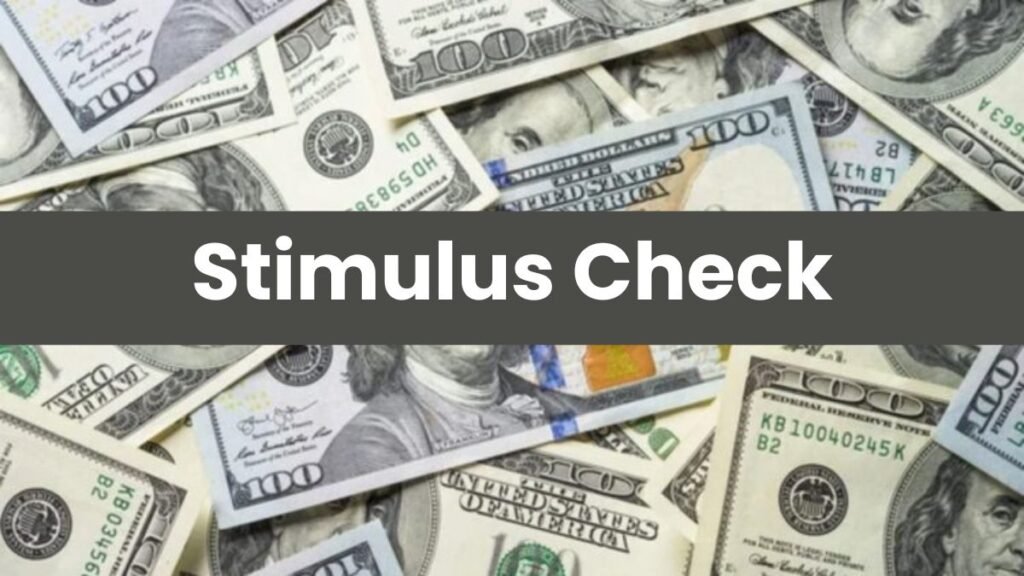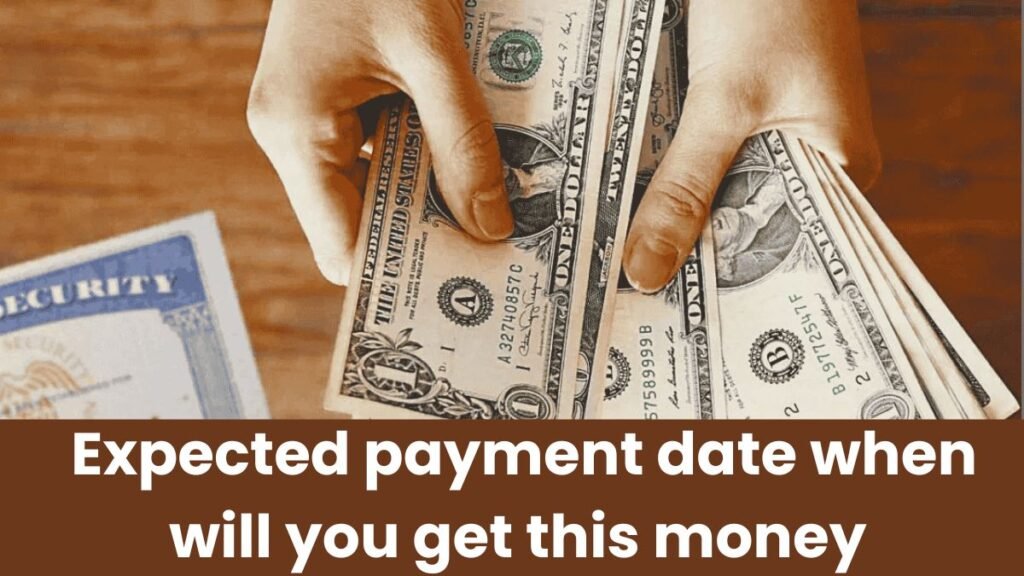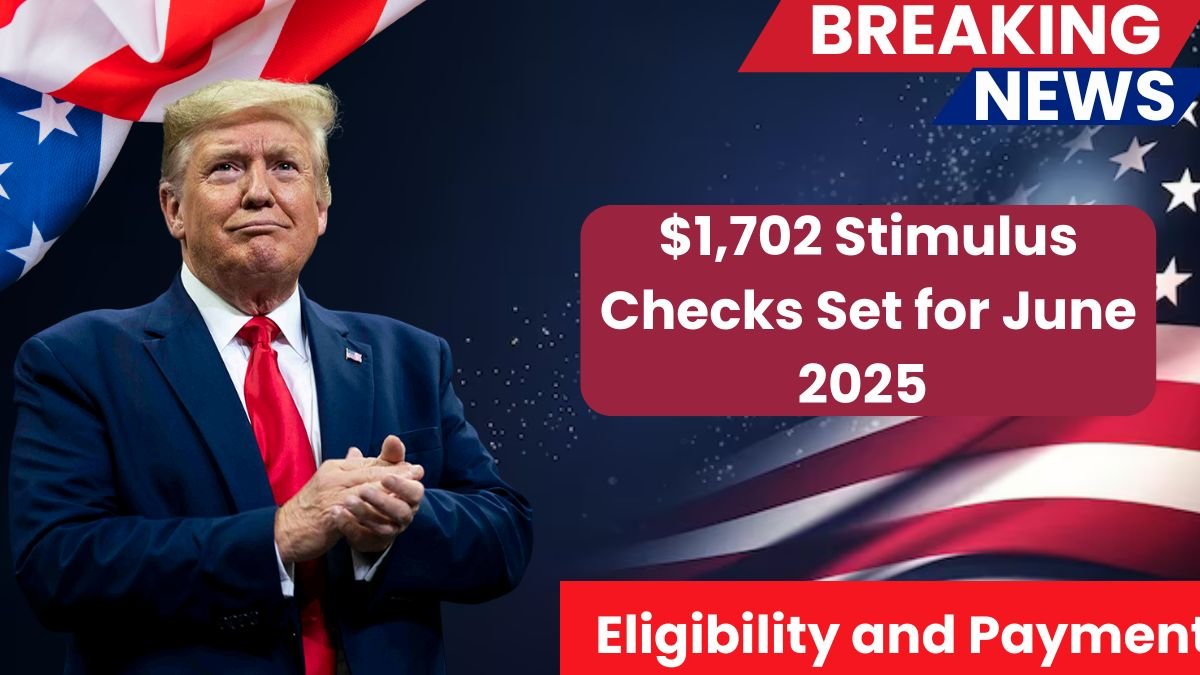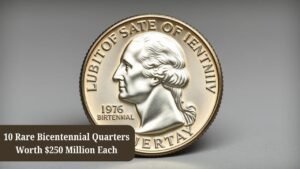$1,702 Stimulus Checks Set for June 2025: In this era of inflation, unemployment and economic instability, the stimulus check received from the US government is no less than a ray of relief for the people. Another relief news has come in June 2025 – a stimulus payment of $1,702 will be provided to eligible citizens. This federal support will be given directly to those who already come under some government assistance or social security scheme.
So let us understand in detail in this article what is this $1,702 stimulus check, who will get it, what are the payment dates, and what will be the eligibility conditions. Also, we will know who will not get this benefit and what steps you have to take for this payment.
What is the purpose of the stimulus check?
The main purpose of the stimulus check is to financially help those who fall in the low or middle income group, and who are struggling to meet the current inflation, health expenses or everyday needs. This is a kind of direct financial relief, which the government gives to citizens in special circumstances – such as a pandemic, economic recession, or a huge increase in the cost of living.
$1,702 stimulus payment – why and how in 2025?
This time the stimulus amount of $1,702 is being given targeting certain specific categories, which include:

- Social Security beneficiaries
- Low-income families
- The social security insurances SSI (Supplemental Security Income) recipients and SSDI (Social Security Disability Insurance) recipients
- Senior citizens
- Other eligible people who depend on limited sources of income
- The government has taken this step in view of the continuous increase in inflation, housing costs and health expenses.
Who are eligible for this $1,702 stimulus check?
Income Limit:
- You may be eligible if your annual income is $75,000 or less (if filing alone).
- For couples who file jointly, the limit may be up to $150,000.
Filed a tax return: People who have filed a 2023 or 2024 tax return may automatically qualify for this stimulus.
Enrolled in a government benefit plan: Beneficiaries from SSI, SSDI, Social Security Retirement, or Veterans Affairs (VA) may also be eligible.
US citizen or valid resident: Only people who are legal residents of the US and have a valid Social Security Number (SSN) will be eligible for this assistance.
Expected payment date when will you get this money?

The IRS (Internal Revenue Service) has not yet officially announced the June 2025 dates, but according to financial analysts and Social Security experts, this stimulus payment of $1,702 could be sent in the second or third week of June.
Possible dates could be:
- First installment: June 10, 2025
- Second installment: June 17, 2025
- To the rest of the eligible people: By June 24, 2025
- People who are enrolled for Direct Deposit will get the payment quickly, while payments by paper check may be slightly delayed.
How to know if you will get a payment?
You can check if your name is on this payment list through the IRS Get My Payment Tool (or its updated version). For this you need:
- Social Security Number
- Date of Birth
- Address
- Bank Account (for Direct Deposit)
- Also, if you filed a tax return in 2023 or 2024 and your income meets the criteria, chances are you are automatically enrolled in this plan.
People who receive SSI or SSDI – what do they have to do?
If you are already receiving SSI or SSDI, you usually don’t need to do anything. This payment can come directly to your address via your EIP card, Direct Deposit, or check, thanks to data sharing between the IRS and the Social Security Administration.
But keep in mind:
- If you have recently changed bank accounts, it is important to update the information.
- If you have not filed a tax return, update your data using the Non-Filer Tool (if available).
Is this payment a refundable credit or a one-time assistance?
This is a one-time financial assistance that can also come under the Recovery Rebate Credit. If for some reason you do not get this payment in June, you can claim it as a refund during your tax return next year.
Who will not get this payment?
- Those whose income exceeds the said limit.
- Those who do not have a Social Security Number.
- Those who did not file a tax return and also did not update the Non-Filer tool.
- Those who do not meet the eligibility conditions of the IRS or SSA.
- Those who are living in another country and do not have tax residency in the US.
People’s opinions and reactions
As soon as this payment was announced, many people on social media called it a positive initiative of the government, while some raised questions whether this amount is sufficient as compared to inflation Some senior citizens also said that this will help them a lot in medical bills or rent.
What to do if you did not get the payment?
- Go to the IRS website and click on “Where’s My Payment?” Use the tool.
- If anything isn’t clear, you can call the IRS or visit your local tax office.
- If you’re receiving SSI/SSDI, ask the SSA (Social Security Administration)
How to avoid scams?
- The IRS never asks for your bank details through phone calls, texts or emails.
- Do not click on any unknown links.
- Check payment status only from the official website: www.irs.gov
Conclusion:
If you are from a limited income group and are struggling in the current economic environment, this amount of $1,702 can be a great help for you. Whether you use it for rent, food expenses, paying medical bills or keeping it as savings – this relief will definitely prove useful Keep the necessary documents ready ahead of time, update your bank details and keep an eye on IRS updates, so that you can avail this relief amount on time.
FAQs
Q1. Will SSI and SSDI recipients get the stimulus check?
A. Yes, SSI and SSDI beneficiaries are among the groups likely to receive the $1,702 stimulus automatically, assuming they meet the income and residency criteria.
Q2. Is the $1,702 stimulus taxable?
A. No, stimulus checks are not considered taxable income and do not need to be reported on your federal income tax return.
Q3. Can non-citizens or non-residents get the $1,702 check?
A. Only U.S. citizens or qualifying resident aliens with a valid Social Security Number (SSN) are eligible. ITIN holders are generally excluded.
Q4. What should I do if I didn’t receive my check in June?
A. Use the IRS “Get My Payment” tool to check your status. If still missing, you may claim it as a Recovery Rebate Credit on your next tax return.
Q5. How can I avoid scams related to this stimulus check?
A. The IRS never contacts people by phone, email, or text for personal info. Only trust official updates from irs.gov.


